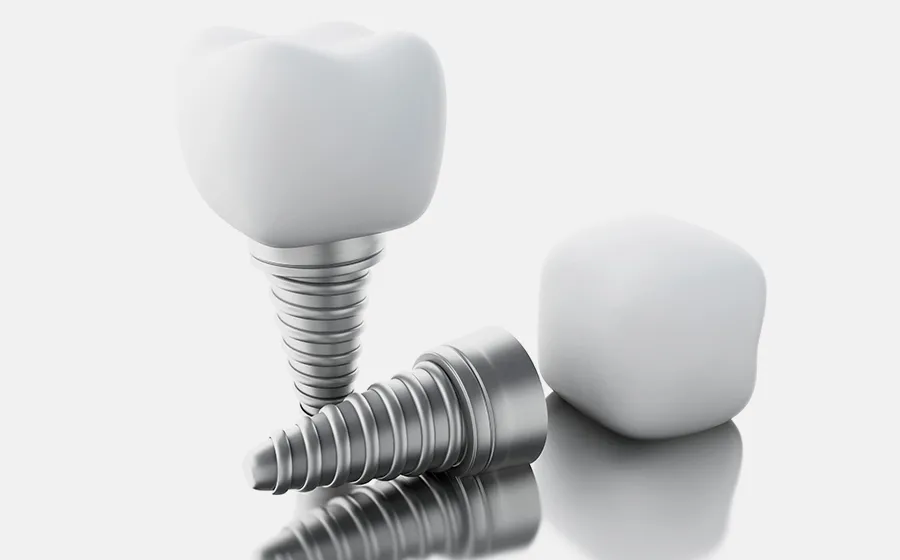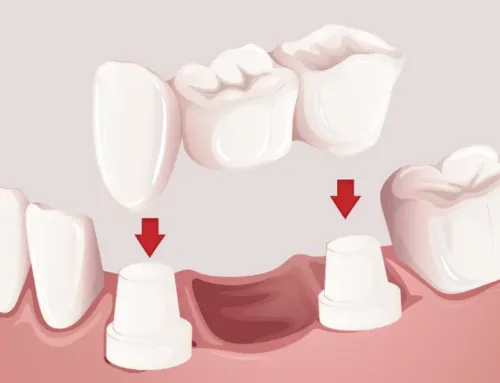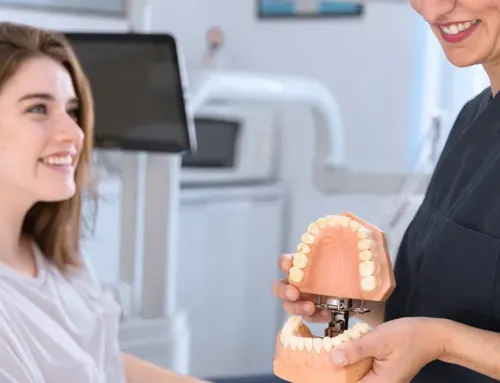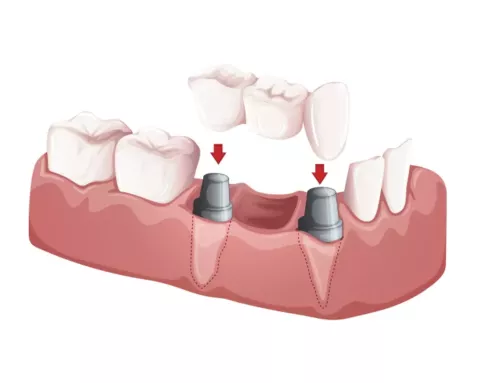Dental implants offer a stable, fused base for replacement teeth that resemble natural teeth in appearance and functionality, making them a long-term solution for missing or failing teeth. Anxiety over the Ashburn dental implant procedure can be reduced by being aware of what each step involves. This is a summary of the process, from the first consultation to the last restoration, along with what patients can expect from this revolutionary tooth replacement procedure.
Dental implants: what are they?
Dental implants are small posts made of titanium that are surgically placed into the mandible to serve as artificial tooth roots. Their exceptional capacity to fuse with living bone offers unparalleled stability and support for better bit force distribution.
Before Dental Implant Surgery
Initial Consultation: An examination measuring bone density, volume, and spacing is the first step to check implant candidacy. Plotting surgical details and the creation of the final tooth prosthesis are aided by X-rays and 3D images.
Treatment Plan Development: The details of the procedure are laid out, including the quantity and placement of implants, the timetable for recuperation, and the prerequisites for attaching the last dental restoration.
One of the common question people ask is – “What should you not do before dental implants?”
Preparation and Precautions: Prescription drugs reduce edema and the risk of infection. Sites for surgery may be accommodated by temporary denture changes. Particular issues are taken care of, such as getting back home after anesthesia.
During Dental Implant Surgery
Another question people ask is – “What to expect during and after implant surgery?”
Anesthesia and Comfort: After the procedure, sedation—which can take the form of oral pills or IV drug delivery—calms any sensation of consciousness and speeds up the recovery process.
Implant Placement: Before titanium posts are firmly screwed into the bone, tiny holes are bored into carefully mapped jawbone areas by the customized treatment plan. The posts are left exposed from the gums during the healing process in cases of complete dental implant fusion.
Restoration Attachment: Following a little operation, tiny bases are frequently attached to implants once sufficient bone development has secured them. Eventually, permanent replacement teeth supported by the stability of implants will be attached to these abutments.
After Dental Implant Surgery
Healing Period: Dental implants have enough time to fully osseointegrate into the bone and can fuse correctly. The best possible recuperation is aided by bandages, medicine, and dietary changes.
Final Restoration: Once implant bonding is done successfully, lifelike replacement teeth and implant-secured dentures can be made and affixed with security.
Ongoing Care: Careful oral hygiene combined with routine cleanings preserves the longevity of implanted restorations and protects surgical sites. Frequent dental exams also aid in the early detection of problems.
Benefits of Dental Implants
Natural Look and Feel: Dental implants integrate with the jawbone to provide a stable foundation for implant crowns and bridges. They are designed to closely mimic the structure of natural teeth. They are constructed from biocompatible porcelain, ceramics, or composite resin materials that imitate dentin and enamel.
Improved Functionality: Implant-supported tooth replacements increase confidence in chewing capacity because of their strong integration with the jawbone. In contrast to typical methods that are prone to uncomfortable sliding and food limits from insufficient biting force implants have no such restrictions. With this strong anchoring, you can resume enjoying a pleasant meal and clear speech because it avoids the slippage or displacement turmoil that comes with regular dentures.
Long-Term Durability: Dental implants are an incredibly dependable and long-lasting method of replacing missing teeth. Their exceptional fusion success and clever bone-biting interface contribute to an average lifespan of more than 20 years. Dental implants can even outlast natural teeth when maintained properly and with regular examinations.
Conclusion
When it comes to permanently replacing damaged or missing teeth, Ashburn dental implants provide a plethora of advantages over traditional methods. Patients can better determine whether this modern implant dentistry will significantly improve their smile function and confidence. They can be aware of what to expect during every stage of the process, from consultation to personalized planning, surgery, extended recuperation, and final restoration attachments. Contact Broadlands Family Dentistry in Ashburn for more details.






Leave A Comment